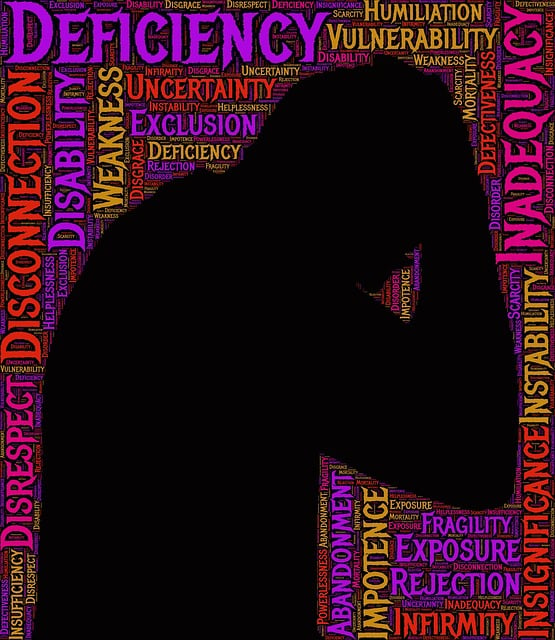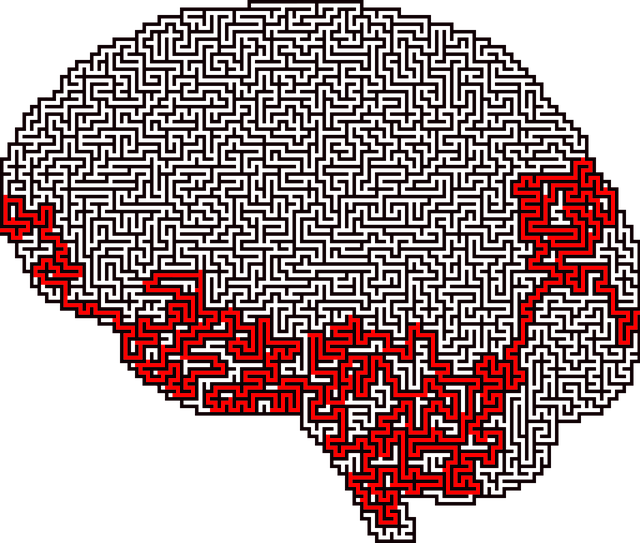Postpartum depression (PPD) is a serious condition affecting new mothers, with signs like persistent sadness, anxiety, fatigue, and bonding issues. Longmont offers specialized postpartum depression therapy with evidence-based practices such as cognitive-behavioral therapy (CBT) and interpersonal therapy (IPT). Key self-care techniques include regular exercise, balanced diet, adequate sleep, mindfulness meditation, joy-inducing activities, and quality time with loved ones. Local support groups and counseling further aid in managing symptoms and fostering mental health alongside physical well-being. Longmont's comprehensive mental health support includes tailored strategies for chronic stress and burnout prevention, empowering residents to enhance their overall well-being.
Depression is a prevalent yet manageable condition, especially during the postpartum period. This article explores essential strategies to prevent and address postpartum depression (PPD) in Longmont residents. We delve into understanding PPD’s unique signs and risk factors, emphasizing early recognition for effective intervention. Additionally, we offer practical lifestyle changes and self-care practices proven to boost mental well-being. For those seeking professional help, we guide Longmont residents through available therapy options, ensuring access to quality care for a healthier, happier recovery journey.
- Understanding Postpartum Depression: Recognizing the Signs and Risk Factors
- Lifestyle Changes and Self-Care Practices for Prevention
- Professional Support and Therapy Options for Longmont Residents
Understanding Postpartum Depression: Recognizing the Signs and Risk Factors

Postpartum depression (PPD) is a serious condition that can affect new mothers, often emerging within the first year after childbirth. Recognizing the signs and understanding risk factors are crucial steps in prevention and early intervention. Symptoms may include persistent sadness, anxiety, fatigue, irritability, and difficulty bonding with the baby. Some women also experience physical complaints like changes in appetite or sleep patterns, as well as thoughts of self-harm.
Several risk factors contribute to PPD, including a history of depression or anxiety, a lack of social support, financial stress, and certain hormonal changes after delivery. Cultural factors, such as inadequate healthcare provider cultural competency training, can also play a role. Longmont postpartum depression therapy offers evidence-based practices like cognitive-behavioral therapy (CBT) and interpersonal therapy (IPT), which have proven effective in promoting emotional well-being. Additionally, self-care practices like regular exercise, adequate sleep, and mindfulness techniques are essential tools for preventing and managing PPD.
Lifestyle Changes and Self-Care Practices for Prevention

Adopting healthy lifestyle changes and self-care practices can significantly contribute to preventing depression. Regular physical activity, a balanced diet rich in nutrients, and adequate sleep play a crucial role in maintaining mental well-being. Engaging in activities that bring joy, spending time with loved ones, and cultivating hobbies can enhance resilience and foster a sense of purpose. Additionally, building inner strength through mindfulness meditation has been shown to reduce symptoms of depression and anxiety by promoting relaxation and emotional regulation.
Longmont postpartum depression therapy often emphasizes the importance of self-care routines tailored to individual needs. This may include empathy-building strategies, such as joining support groups or seeking counseling, to help parents navigate the challenges of new parenthood. By prioritizing mental health alongside physical well-being, individuals can create a foundation for resilience and better cope with life’s stressors, reducing the risk of depression.
Professional Support and Therapy Options for Longmont Residents

Longmont residents facing depression have numerous professional support options available. Longmont offers a range of therapy types, including cognitive-behavioral therapy (CBT), dialectical behavior therapy (DBT), and interpersonal therapy, tailored to address specific needs such as postpartum depression. These evidence-based approaches help individuals understand their thoughts and behaviors, fostering emotional healing processes and boosting confidence in managing symptoms.
Additionally, local mental health professionals specialize in burnout prevention strategies, crucial for those experiencing chronic stress or fatigue. The supportive environment provided by these therapists enables clients to navigate life’s challenges more effectively, ultimately enhancing overall well-being. Whether dealing with postpartum depression or seeking to prevent burnout, Longmont residents have access to the resources necessary for a healthier, happier future.
Preventing depression, particularly postpartum, is a multifaceted approach that combines understanding, self-care, and professional support. For Longmont residents, access to specialized therapy options can significantly aid in navigating and overcoming the challenges of postpartum depression. By recognizing signs early and adopting lifestyle changes, individuals can foster resilience and promote overall well-being. Remember, seeking help is not just essential; it’s a powerful first step towards healing and regaining control over one’s life.











